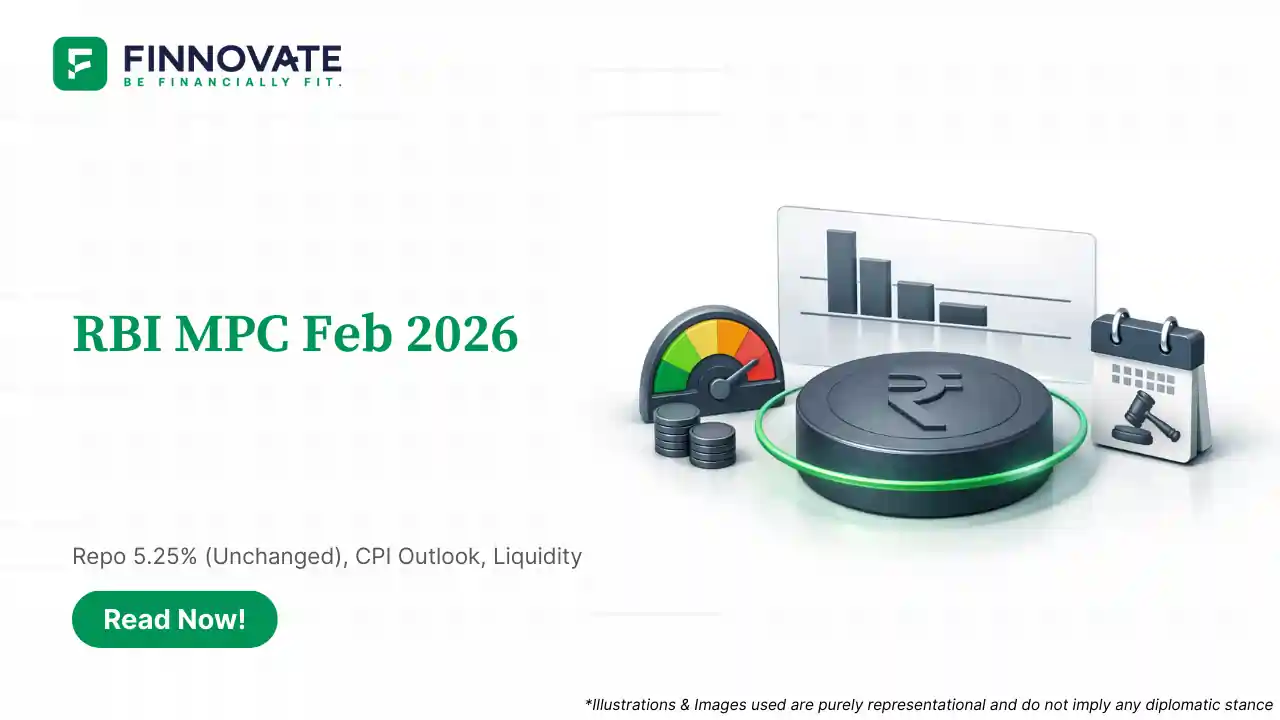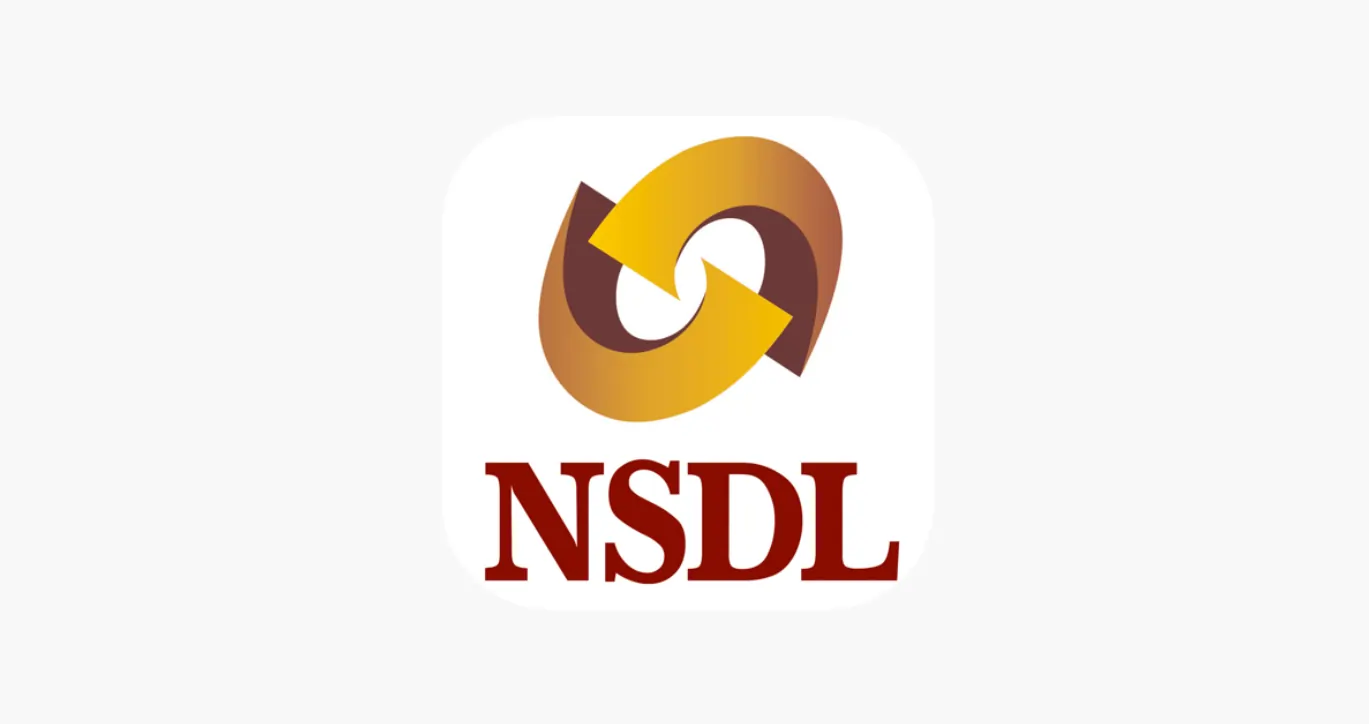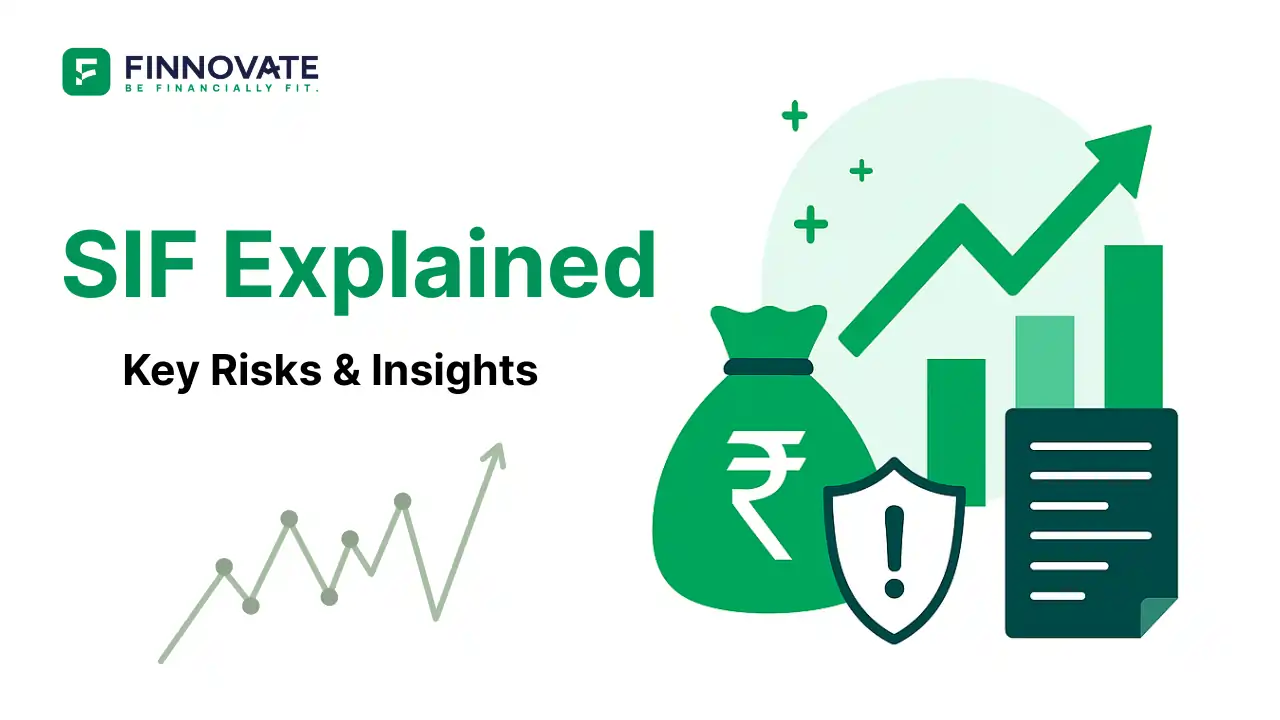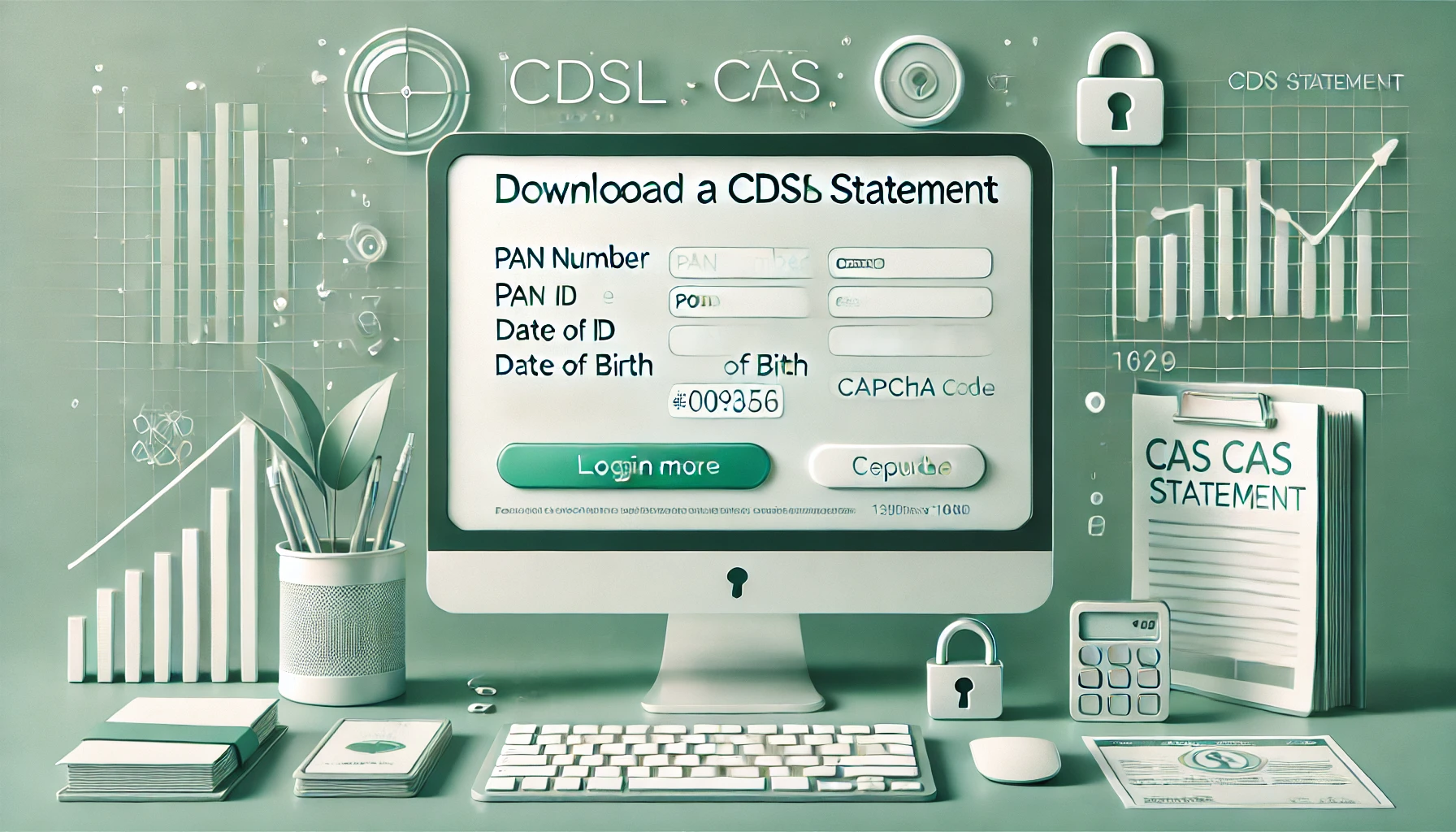
RBI MPC Feb 2026: Repo 5.25% (Unchanged), CPI Outlook, Liquidity
RBI holds repo at 5.25% after 125 bps cuts. CPI forecasts tick up, base-year shift to 2024...
The Reserve Bank of India (RBI) announced its latest monetary policy on October 1, 2025, choosing to maintain the repo rate at 5.5%, in line with market expectations. But beneath the calm surface of this decision lies a much deeper story - a bold macro statement about India’s self-reliant economic strength and its ability to manage global shocks internally.
The RBI’s decision to maintain the repo rate at 5.5% was aimed at allowing the full transmission of the earlier 100-bps rate cut and keeping its monetary arsenal ready for future contingencies. As a result, the Standing Deposit Facility (SDF) rate, Marginal Standing Facility (MSF) rate, and bank rate also remained unchanged.
The monetary policy stance continued to be “neutral,” signaling that the central bank wants to maintain flexibility in responding to economic developments. The RBI seems conscious of the potential drag from US tariffs and visa fee hikes, which could impact India’s growth trajectory in the coming quarters.
By holding back further rate cuts now, the RBI is effectively keeping dry powder ready - ensuring that both monetary and fiscal policy tools are available to stimulate growth later, if required. With current rates just 35 basis points above pre-COVID levels, another cut might have limited impact.
While the rate decision was predictable, the real story of the policy lies in the RBI’s revised inflation forecast. The central bank lowered its inflation projection for FY26 by another 50 basis points, from 3.1% to 2.6%.
To put this in perspective, since February 2025, the RBI has reduced its FY26 inflation estimate by a full 220 basis points - from 4.8% to 2.6%. This is an aggressive downward revision, suggesting the RBI’s strong conviction that inflationary pressures are well contained despite global headwinds.
At 2.6%, inflation is 140 basis points below the RBI’s 4% target, signaling not only price stability but also the central bank’s confidence in India’s domestic resilience. The RBI’s assessment reflects optimism that tariffs and visa fee adjustments will have only a limited and temporary impact on prices.
If inflation was the surprise of this policy, the growth forecast revision was an even bigger statement of confidence. The RBI raised its FY26 GDP growth estimate by 30 basis points, from 6.5% to 6.8%.
This optimism stems from robust Q1FY26 GDP data, which showed a strong 7.8% growth, supported by healthy domestic demand, services, and manufacturing momentum.
The RBI also expects a solid Kharif output to contribute meaningfully to agricultural GDP, even as the services sector remains India’s growth engine. Low inflation, combined with steady urban consumption and government-led infrastructure spending, is likely to keep real growth buoyant.
The message is clear - India’s growth is not merely surviving external pressures but thriving in spite of them.
Beyond numbers, this policy sends a larger message: India is ready to manage its economic destiny internally. The combination of steady rates, lower inflation, and upgraded growth estimates conveys the RBI’s faith in the domestic consumption engine and the resilience of India’s macro fundamentals.
Unlike many export-dependent Asian economies, India’s growth model has always leaned on internal demand - from infrastructure spending to credit expansion, digital inclusion, and rising middle-class consumption.
By projecting confidence in both inflation control and growth momentum, the RBI has effectively declared that India will not let global uncertainties dictate its trajectory. It’s a subtle but significant assertion of economic sovereignty - that the world’s fifth-largest economy can withstand shocks without losing balance.
The October 2025 RBI policy was more than a monetary statement; it was a macro declaration of confidence.
In essence, the RBI has struck a careful balance between caution and conviction. By trusting the strength of India’s domestic market and the prudence of its fiscal machinery, the central bank has made it clear that India is prepared to grow - on its own terms.
Disclaimer: This article is for informational purposes only and does not constitute investment, financial, or policy advice. Readers should rely on official RBI documents for detailed policy interpretation.
Popular now

Learn how to easily download your NSDL CAS Statement in PDF format with our step-by-step g...

Explore what Specialised Investment Funds (SIFs) are, their benefits, taxation, minimum in...

Learn How to Download Your CDSL CAS Statement with our step-by-step guide. Easy instructio...

Looking for the best financial freedom books? Here’s a handpicked 2026 reading list with...